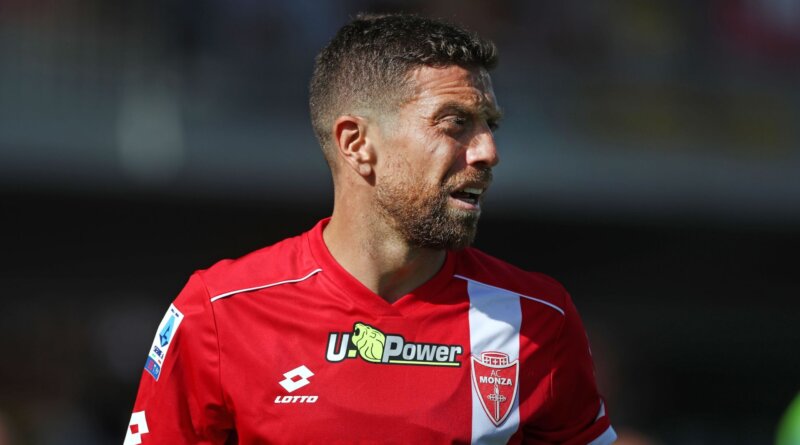Papu Gomez Doping Ban Sparks Outrage and Deep Reflection
Papu Gomez doping ban headlines have rocked the football world, as the former Argentina international recently broke his silence about the two-year suspension that has sidelined him from the sport. Gomez, who played a crucial role in Argentina’s triumphant 2022 FIFA World Cup campaign, has criticized the decision as excessively harsh and revealed how the ordeal nearly ended his passion for football.
Papu Gomez Doping Ban: The Incident and Immediate Fallout
In October 2023, Papu Gomez was handed a two-year ban after testing positive for a prohibited substance. The banned substance, reportedly found in a cough syrup, led to a swift and severe punishment from football authorities. Gomez, outspoken and visibly emotional, compared his suspension to cases involving much harder drugs, stating, “Smoke a joint, you get six months. But for cough syrup, I lose two years?”
The former Sevilla and Atalanta star argued that the punishment lacked proportion and context, especially given the accidental nature of his violation. For Gomez, the news hit harder than expected, not just for its impact on his career, but for the emotional toll it exacted.
Mental Health Struggles Amid the Papu Gomez Doping Ban
Beyond the headlines, Papu Gomez opened up about the deep psychological impact the ban had on him. “Football was dead for me,” Gomez admitted, revealing that the absence from the pitch led to severe distress. Unable to represent his club or country, Gomez’s mental health spiraled, and he sought professional help from psychologists to deal with the turmoil.
“I felt isolated and misunderstood,” he said, describing how the suspension not only hurt his professional life but also affected personal relationships. The support of family, friends, and mental health professionals became a lifeline during the darkest moments of his suspension.
Comparisons to Other High-Profile Doping Cases
Gomez was quick to point out perceived inconsistencies in how doping bans are handed out in football. He alluded to other cases where players received much lighter punishments for offenses he considers more serious. “I see people get six months for cocaine or marijuana, but I get two years for a cold medicine?” Gomez questioned, highlighting what he feels is a lack of fairness within the system.
His frustration is not just personal but points to a broader debate about the governance of doping violations in football. The ban has reignited discussions about intent, context, and proportionality in doping cases, spurring calls for reform in how such situations are managed.
Papu Gomez’s World Cup Legacy and the Impact of the Ban
Despite his current predicament, Papu Gomez remains a national hero in Argentina due to his contributions during the 2022 World Cup. His creative influence in midfield and his veteran leadership were vital for Argentina’s success. However, Gomez laments that the ban has overshadowed his achievements, diminishing the joy of his World Cup memories.
“Winning the World Cup should have been the peak of my career, but now all people want to talk about is the ban,” Gomez remarked. The suspension has placed his legacy under a complex cloud, with fans and pundits divided over his treatment by the authorities.
Papu Gomez Doping Ban: What’s Next for the Midfielder?
As Gomez serves his suspension, questions remain about his future in football. At 36, a two-year absence would push him into the twilight years of a typical playing career. Gomez, however, has not ruled out a return. “I want to play again, to end my career on my terms,” he stated with determination.
He also expressed hope that his experience would spark meaningful changes in how doping cases are handled, advocating for more nuanced and compassionate approaches, especially for cases involving accidental ingestion or non-performance enhancing substances.
Opinion: A Call for Fairness and Compassion
The Papu Gomez doping ban is a stark reminder of the complexities involved in regulating elite sport. While anti-doping measures are crucial, there must be space for context and intent in determining punishments. Gomez’s case highlights the emotional and psychological costs such decisions can inflict, not only on players’ careers but also on their overall well-being. As football evolves, so too should its understanding of justice and empathy for those caught in its disciplinary net.
For more updates on football stories like this, visit our homepage for more news.
Your global gateway to nonstop football coverage:
News Goal
Share this content:

